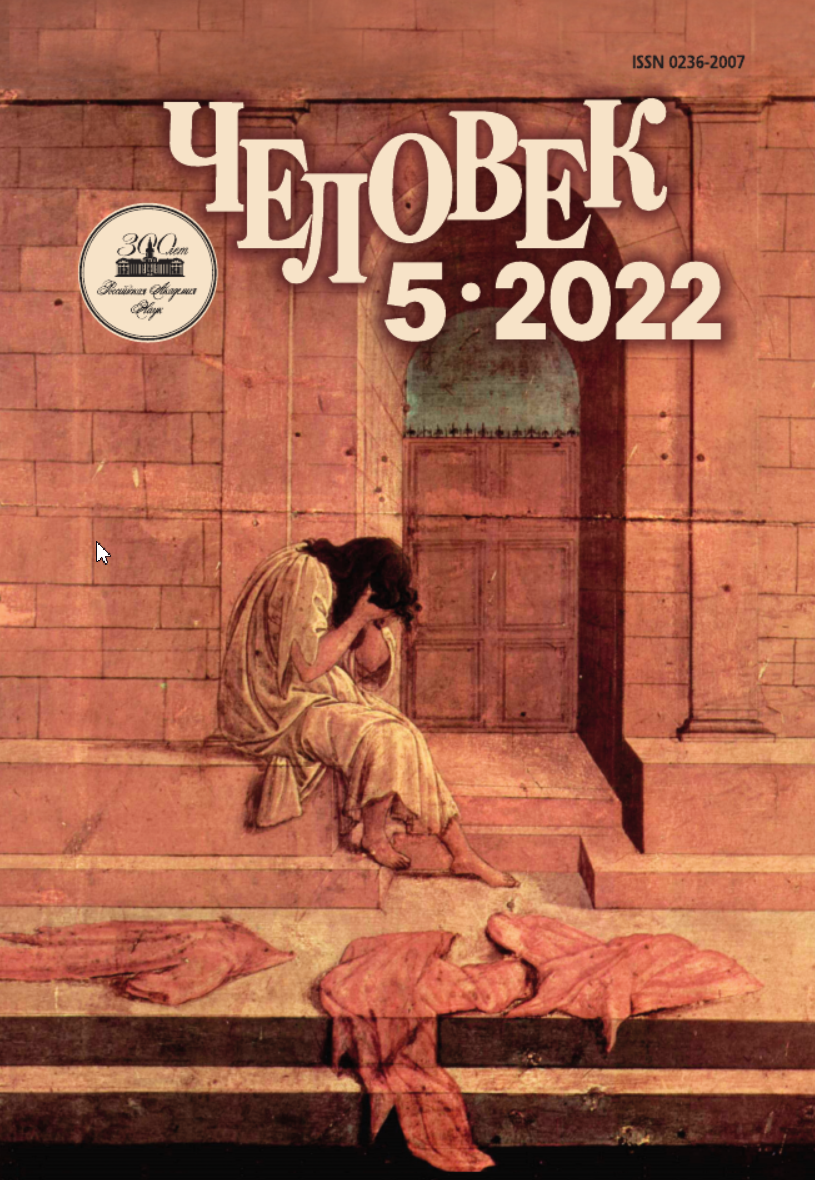The Lord of Time: Temporal Discourses of the Enlightenment in Russia
Keywords:
Enlightenment, Russia, time, historical periodization, calendar reform, historicism, Peter the Great, ruling elite, nobilityAbstract
The article deals with the perception of temporal processes in Russia during the Enlightenment and their regulation by the power structures. Several levels and forms of this perception are investigated, from individual experience to reflect on the dimensions of the historical process, from philosophical comprehension to ways of measuring and symbolic representation of time constants. Particular attention is paid to the system of conventions in the perception of time and ways of expressing the sequence and logic of historical processes. Examples of calendar and clock reforms and experiments in cultural history show that temporal rhythms were set by power structures and were perceived by society not only as natural but also as social realities. Turbulent events in Russia at the beginning of the 18th century made the problem of time urgent. The perception of changing and qualitatively defined time was associated with the reforms of Peter the Great, including the calendar reform and the reform of “timekeeping”. The calendar reform moved the starting point 5,508 years from the beginning of the world to the Nativity of Christ. The introduction of New Year’s Day on January 1 instead of September 1 fixed the annual cycles and linked the country to the European calendar. The time reform changed not only the number of divisions on the dial (12 instead of 17) but also the quality of time, giving equal rights to “day” and “night” time. These reforms created a feeling of change, of transition from one time to another, of the “novelty” of time and its dependence on the sovereign’s will. The ruling circles commanded not only the change in the way time was measured, but also the time of their subjects. This is analyzed in the article with examples of corvée as the alienation of the time of serfs, recruitment military service, and compulsory nobility service.






